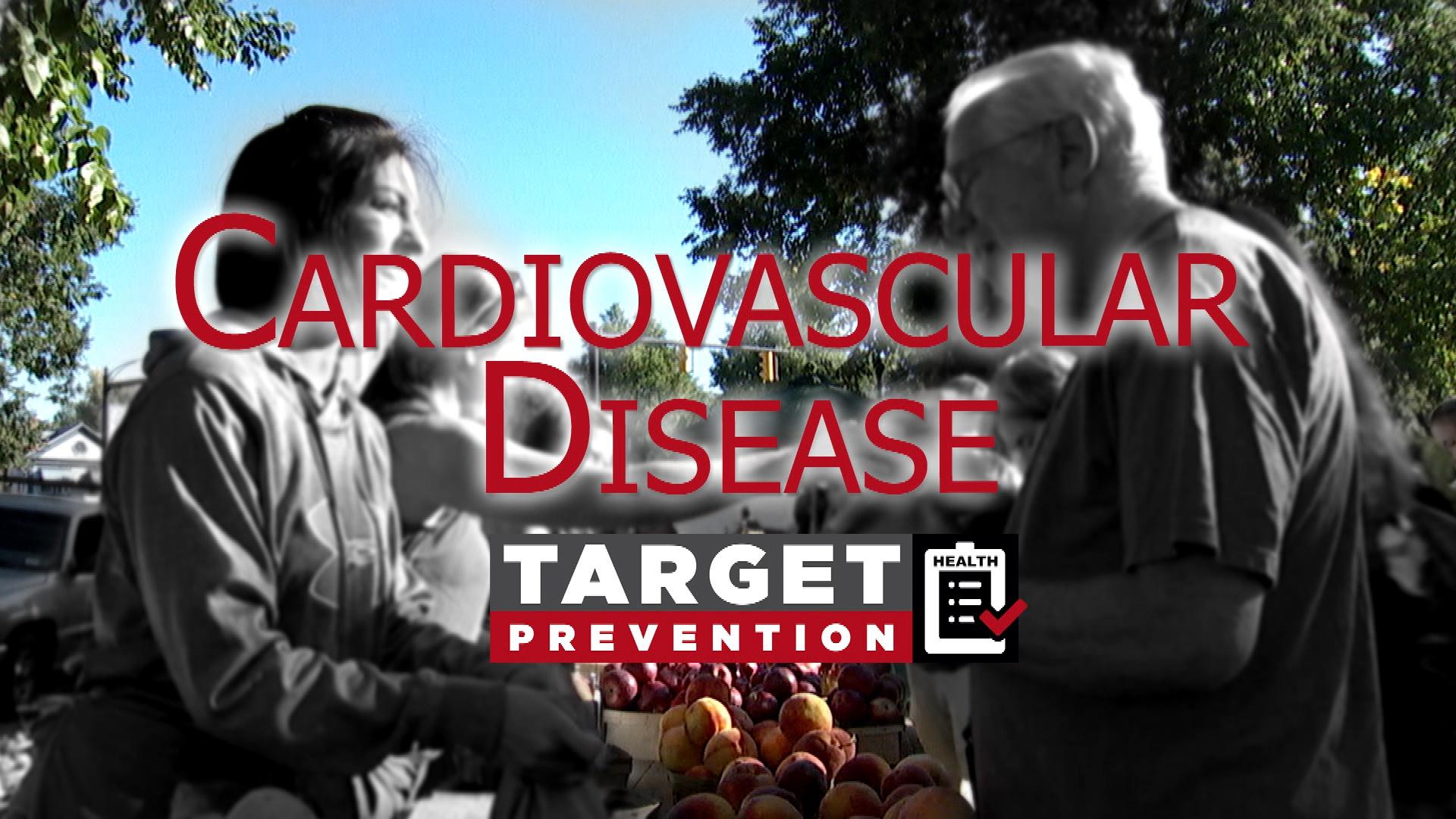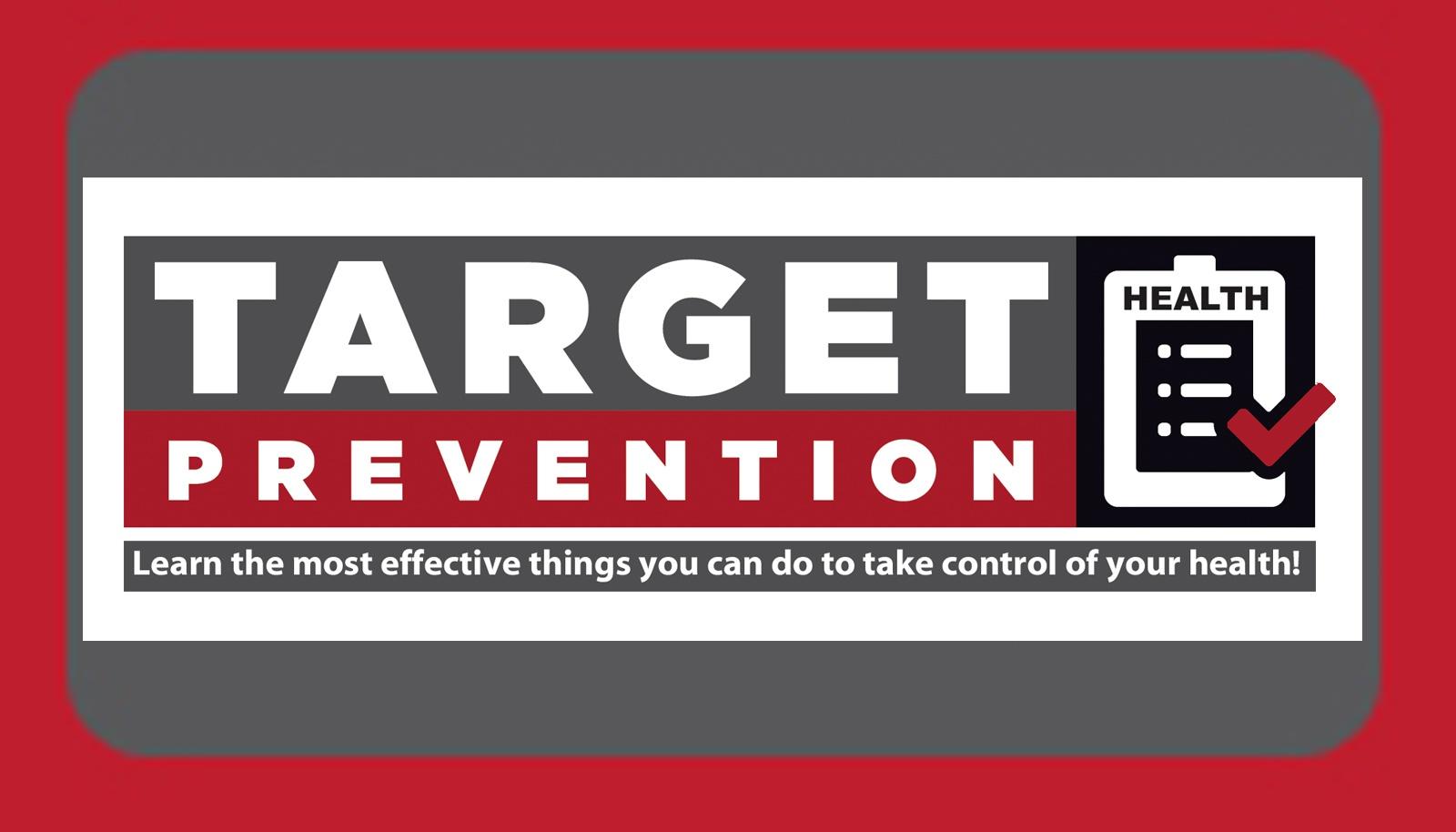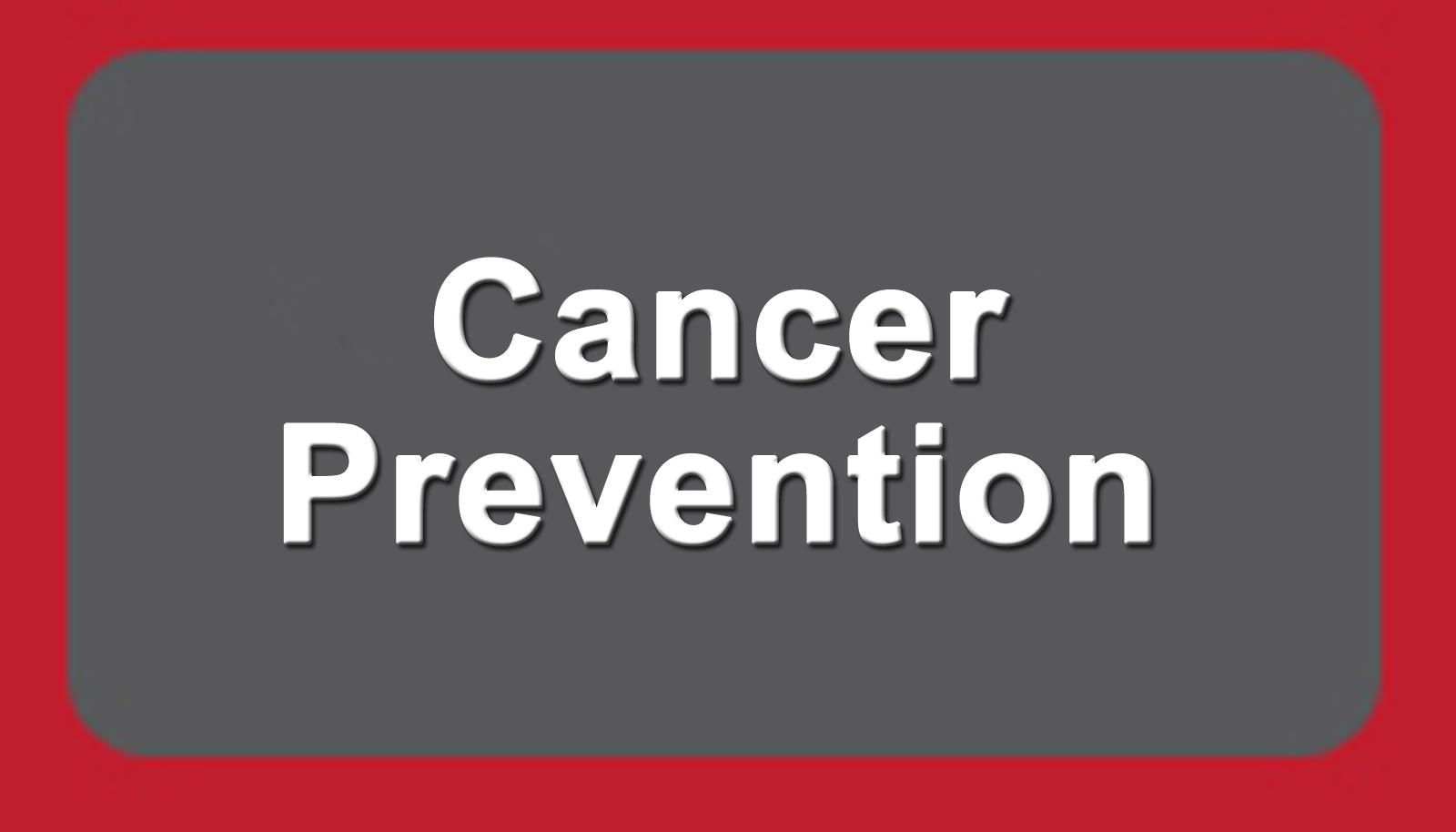
There are screening tests that can show us signs of disease before symptoms present. Knowing your numbers (test/screening results) empowers you to become a true partner in your healthcare and can help motivate you to take ownership. The good news is all health insurance will cover preventive services like screening tests at no cost to you. Heart disease is the leading cause of death in the U.S. The concern comes down to inflammatory burden on the body caused by high blood pressure, high blood sugar and stress.
TARGET - High Blood Pressure
Why Target? Blood pressure is the force of your blood pushing against the walls of your arteries. High blood pressure can damage many parts of the body. If you have high blood pressure, you have a higher risk for stroke, heart disease, heart attack, and kidney failure. Controlling your blood pressure can reduce these risks.
Screening Test The only way to know whether your blood pressure is too high is to check it with a blood pressure monitor. Most people who have high blood pressure do not have any symptoms. This is why it's sometimes called “the silent killer.” Check yours regularly. The higher your blood pressure is, the more often you need to check it. A normal blood pressure is less than 120/80. High blood pressure is 140/90 or higher. If your blood pressure is between 120/80 and 140/90, you have what is called "prehypertension," which means that if you don’t take important steps, your elevated blood pressure can turn into high blood pressure.
Prevention/Treatment You and your doctor will work together to find the best way to lower your blood pressure. Treatment usually begins with monitoring your blood pressure and changes you can make to your lifestyle to help lower your blood pressure and reduce your risk of heart disease.
Web resources:
Get Your Blood Pressure Checked - healthfinder.gov
It’s important to check your blood pressure often, especially if you are over age 40.
10 Ways to Control High Blood Pressure Without Medication - The Mayo Clinic
By making these 10 lifestyle changes, you can lower your blood pressure and reduce your risk of heart disease.
Managing Blood Pressure With a Heart-Healthy Diet - The American Heart Association
Eating a heart-healthy diet is important for managing your blood pressure and reducing your risk of heart attack, heart disease, stroke and other diseases.
TARGET - Type 2 Diabetes
Why Target? Diabetes is a disorder of metabolism that results in high blood sugar, high lipid levels and widespread disease. Over time, having too much glucose in your blood can cause serious damage. Diabetes is the 7th leading cause of death in the United States. There is strong correlation between cardiovascular disease and diabetes. Heart disease and stroke are the number 1 causes of death and disability among people with type 2 diabetes. Diabetes is the leading cause of kidney failure in adults. The risk of developing type 2 diabetes increases with age, obesity and lack of physical activity.
Screening Test A blood test can show if you have diabetes. Fasting Plasma Glucose is the preferred test. Diabetes is diagnosed at fasting blood glucose levels of greater than or equal to 126 mg/dl. If your blood glucose level is between 100mg/dl and 125mg/dl, you have what is called "prediabetes," which means that if you don’t take important steps, you may develop diabetes.
The American Diabetes Association recommends that all adults age 45 years and older be considered for diabetes screening by their health care provider every 3 years. Screening should be considered at a younger age or be carried out more frequently in individuals who are overweight (BMI 25 +) or have risk factors including family history, physical inactivity, high blood pressure, high cholesterol, history of gestational diabetes and race/ethnicity.
Prevention/Treatment You and your doctor should work together to find the best way to manage and monitor your diabetes. Healthy eating, physical activity and blood glucose testing are the basic therapies for type 2 diabetes. Diet, exercise, maintaining a healthy weight and family history all play a role in your prevention. The risk of developing type 2 diabetes increases with age, obesity, and lack of physical activity. Type 2 diabetes is more common in individuals with a family history of the disease and in members of certain racial/ethnic groups.
Web resources:
Take Steps to Prevent Type 2 Diabetes - healthfinder.gov
You can do a lot to prevent or delay getting type 2 diabetes including watching your weight, eating healthy and staying active.
Type 2 Diabetes Risk Test - American Diabetes Association
Interactive test to determine your risk.
My Health Advisor - American Diabetes Association (will not work on most mobile devices)
My Health Advisor calculates your risk then gives you a personalized action plan.
Dr. Nathalie Bousader Armstrong of Niagara Falls Memorial Medical Center explains the dangers of high blood pressure and the importance of knowing your numbers. Hypertension can lead to cardiovascular disease. Early detection results in better treatment or prevention.
Dr. Nathalie Bousader Armstrong of Niagara Falls Memorial Medical Center explains the dangers of type 2 diabetes and the importance of screening and prevention. There is a strong correlation between cardiovascular disease and diabetes. Diabetes remains the 7th leading cause of death in the United States. Early detection results in better treatment or prevention.




